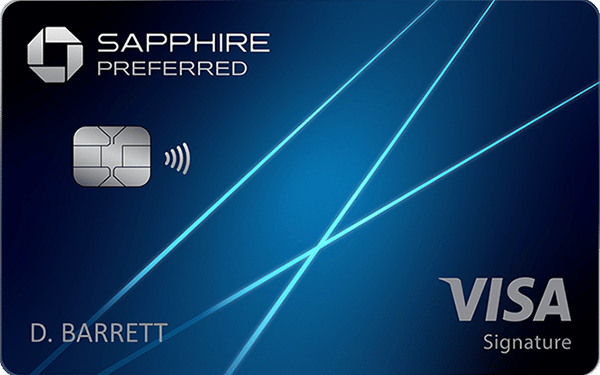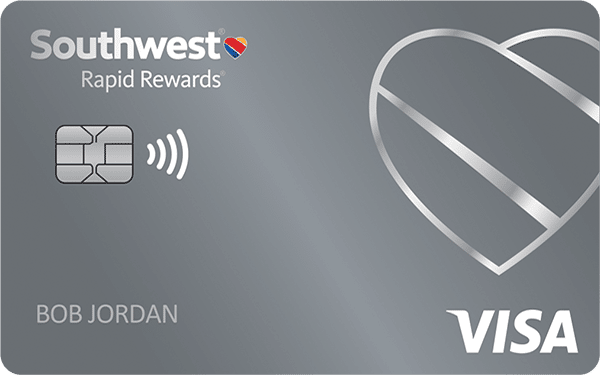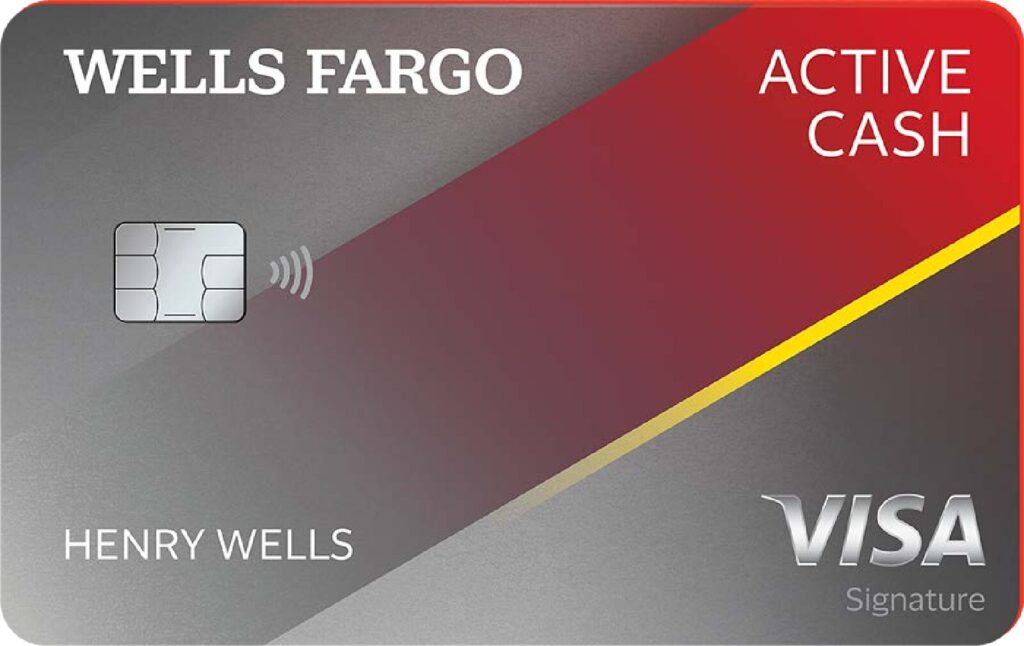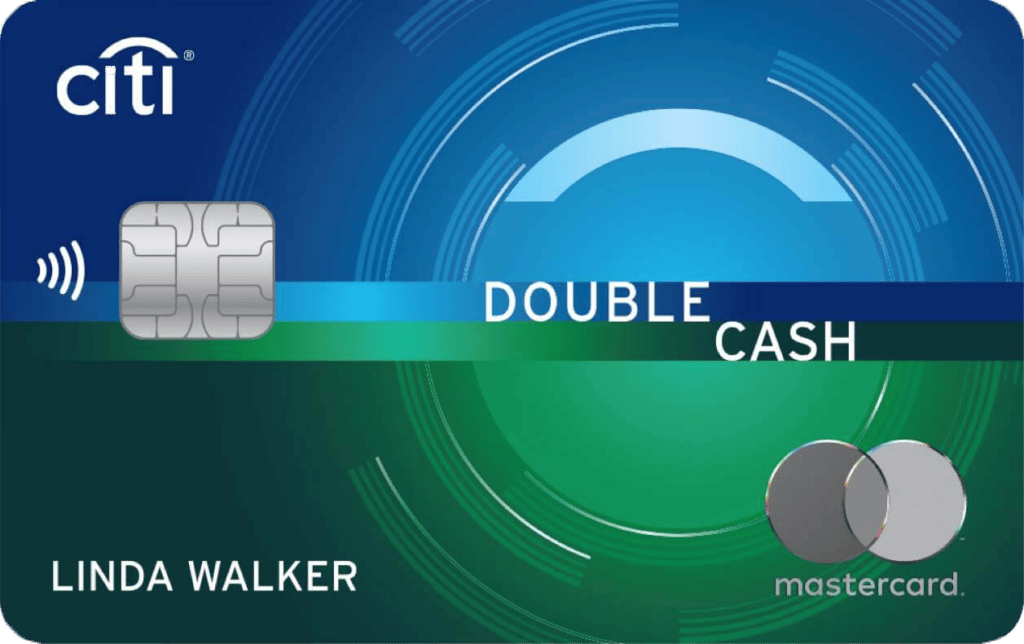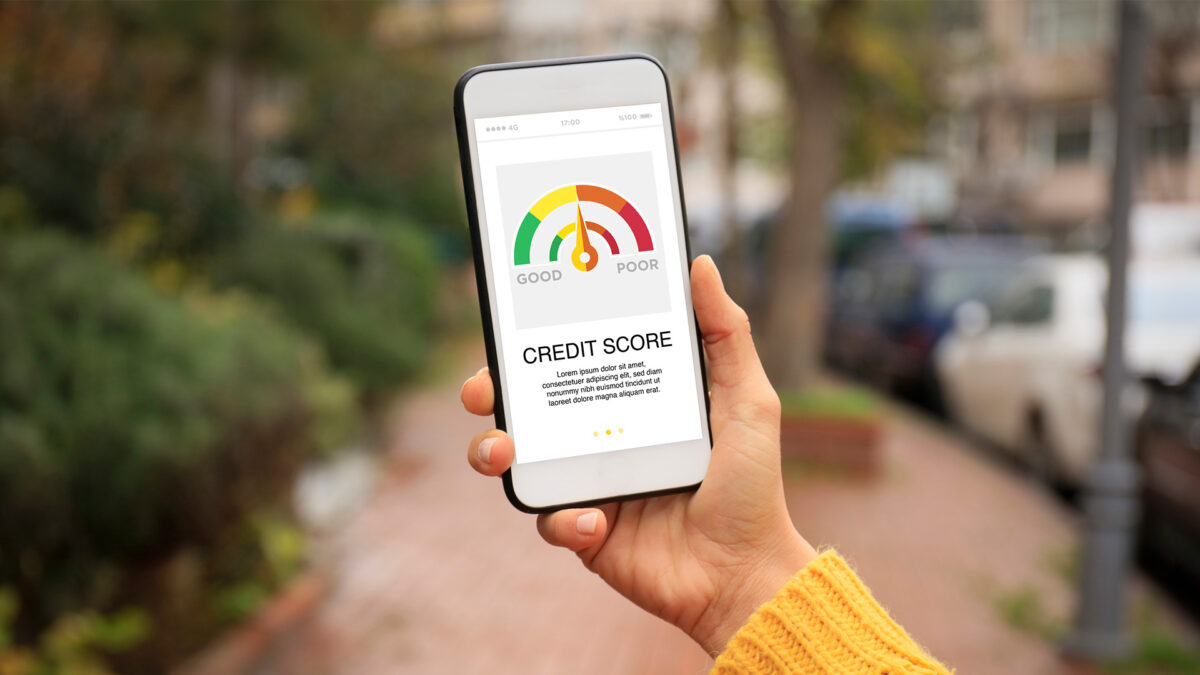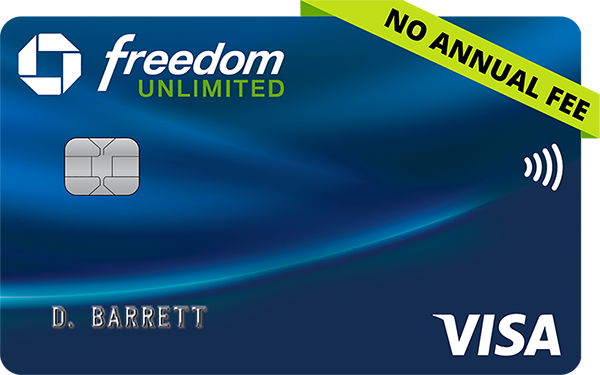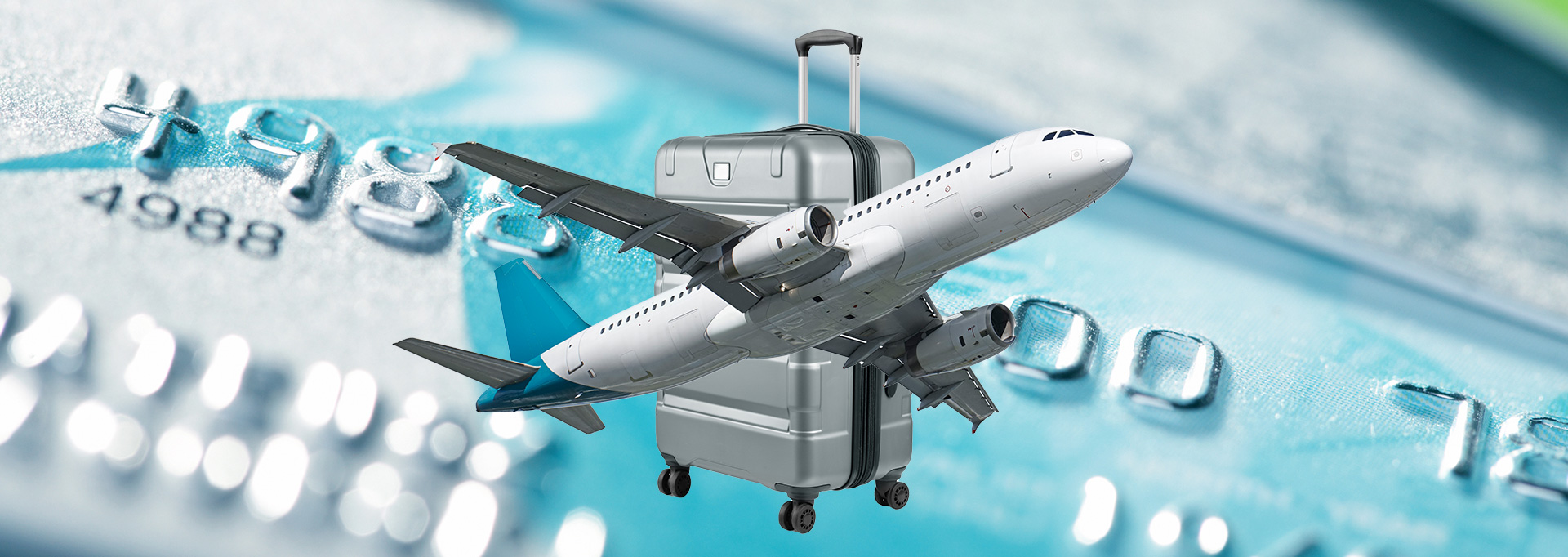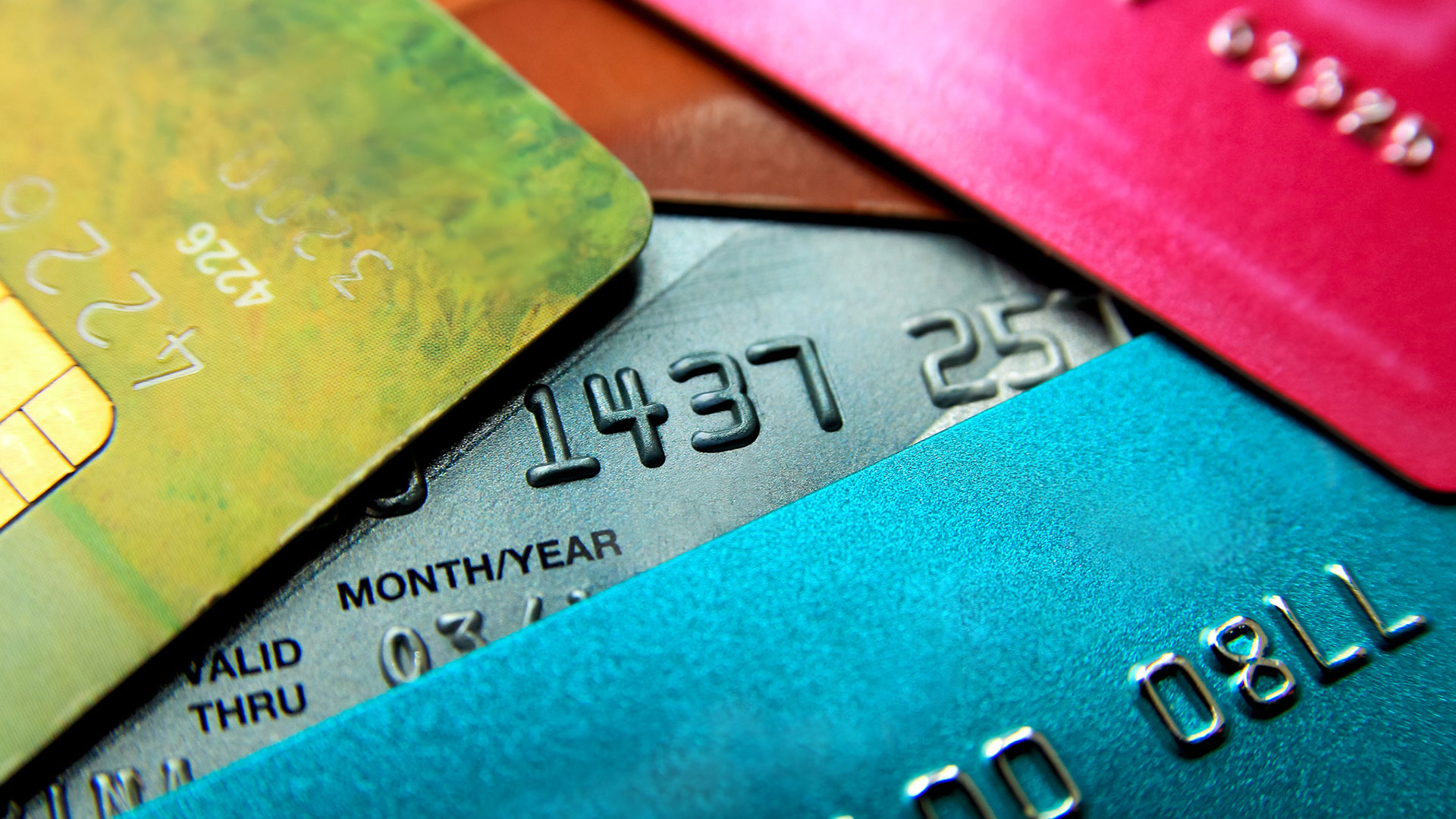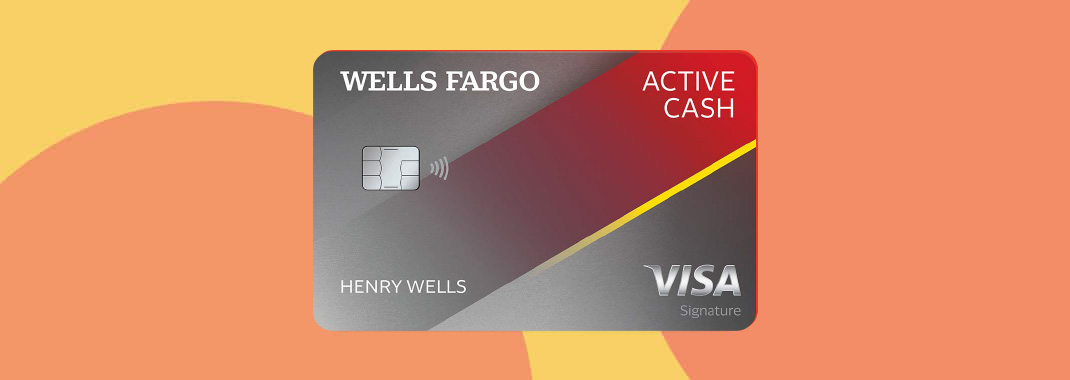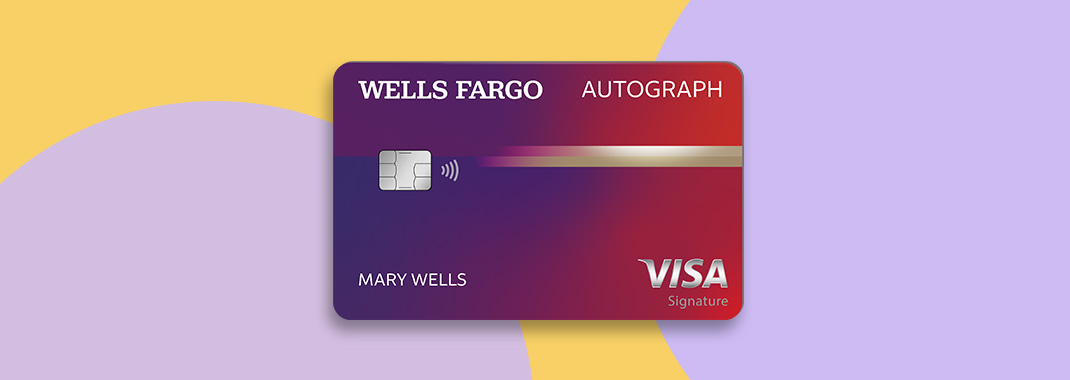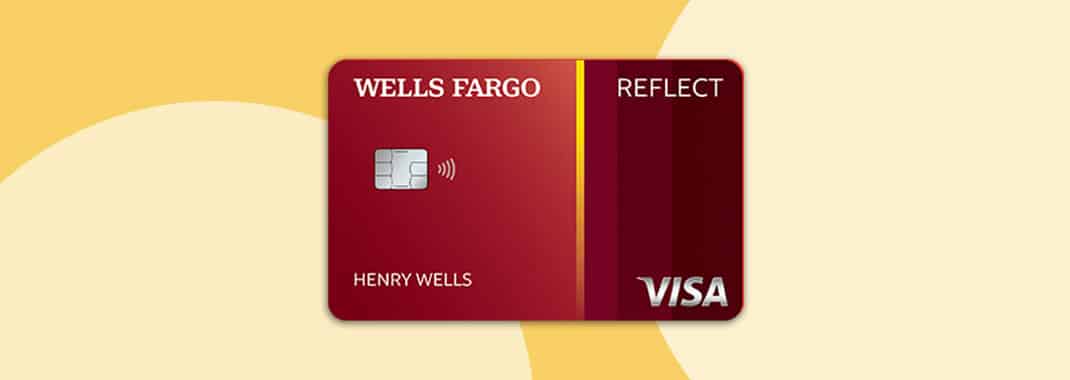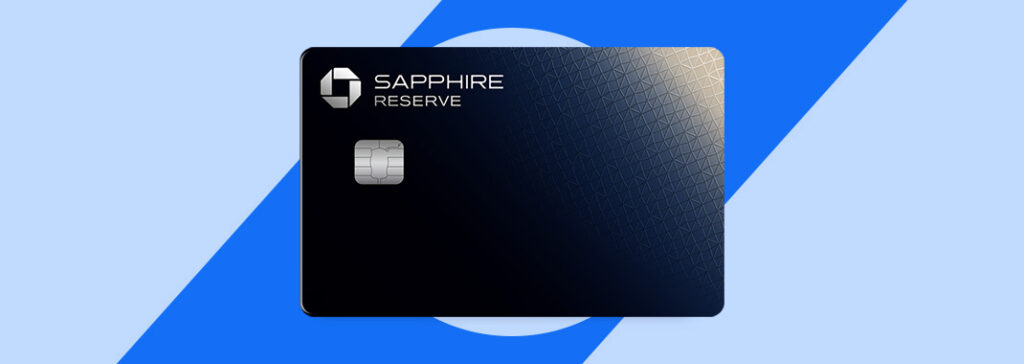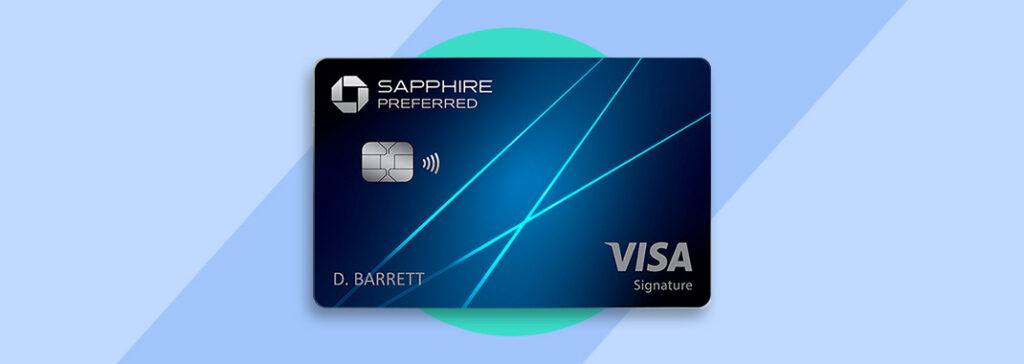Most products on this page are from partners who may compensate us. This may influence which products we write about and where and how they appear on the page. However, opinions expressed here are the author's alone, not those of any bank, credit card issuer, airline or hotel chain.
When you fill out a credit card application, the card issuer will let you know if you qualify to open the account. If you’re eligible, your application details also help a company set the terms of your new account, including your
The average credit limit for credit cards issued in March 2022 was $5,049, according to Equifax. But depending on your situation, it may be possible to receive a credit limit that’s far above or below average. Your credit score, income, payment history and credit utilization impact credit limit you get. Here’s a deeper look at some of the details credit card issuers consider when they set your credit limit, and steps you can take to potentially qualify for higher limits
Recommended Credit Cards
| Credit Card | Rewards Rate | Annual Fee | Bonus Offer | Learn More |
|---|---|---|---|---|
|
|
1x- 5xPoints
Enjoy benefits such as 5x on travel purchased through Chase TravelSM, 3x on dining, select streaming services and online groceries, 2x on all other travel purchases, 1x on all other purchases |
$95 |
75,000Chase Ultimate Rewards Points
Earn 75,000 bonus points after you spend $5,000 on purchases in the first 3 months from account opening. Dollar Equivalent: $1,575 (75,000 Chase Ultimate Rewards Points * 0.021 base) |
Apply Now Rates and Fees |
|
|
1x - 2xPoints
Receive 3,000 anniversary points each year. Enjoy benefits including 2X points on local transit and commuting, including rideshare, 2X points on internet, cable, and phone services; select streaming, 2 EarlyBird Check-In® each year, 10,000 Companion Pass® qualifying points boost each year, and more. |
$69 |
50,000Southwest Rapid Rewards Points
Earn 50,000 bonus points after spending $1,000 on purchases in the first 3 months from account opening. Dollar Equivalent: $600 (50,000 Southwest Rapid Rewards Points * 0.012 base) |
Apply Now Rates and Fees |
|
|
2%Cashback
Earn unlimited 2% cash rewards on purchases. |
$0 |
$200Cash Bonus
Earn a $200 cash rewards bonus after spending $500 in purchases in the first 3 months. |
Apply Now Rates & Fees |
|
|
2%Cashback
Earn 2% on every purchase with unlimited 1% cash back when you buy, plus an additional 1% as you pay for those purchases. To earn cash back, pay at least the minimum due on time. Plus, earn 5% total cash back on hotel, car rentals and attractions booked with Citi Travel. |
$0 |
$200Cash Bonus
Earn $200 cash back after you spend $1,500 on purchases in the first 6 months of account opening. This bonus offer will be fulfilled as 20,000 ThankYou® Points, which can be redeemed for $200 cash back. |
Apply Now Rates & Fees |
1. Credit Score and Credit History
Both credit scores and credit history matter to credit card issuers when they set your credit limit. The history on your credit reports reveals how you’ve handled credit obligations in the past. Plus, the job of a credit score is to help lenders, credit card issuers and others predict how likely you are to pay bills late (by 90 days or worse) over the next 24
Clean credit history and a good credit score should make it easier to qualify for a higher credit limit (though other factors come into play as well). However, if you have negative information on your credit report or a bad credit score, you’re more likely to receive a lower credit limit from a credit card company, and a
2. Capacity to Pay
Credit scores measure the likelihood that you’ll make payments on time. But credit card issuers also want to confirm you can afford to take on additional debt. As a result, they will evaluate your income and existing debts, also known as your debt-to-income or DTI ratio, when setting your
Income doesn’t show up on your credit report, so an issuer will ask you to include this information on your application. In some cases, you might have to verify your income with documentation. But that’s the exception,
Quick Tip
To calculate your DTI ratio, divide your monthly debt payments by your gross monthly income. Lenders like to see a DTI ratio below 36%.
3. Credit Card Management
Credit card issuers also look at your current and closed credit card accounts that appear on your credit report. They may look at factors like you:
- Payment history: Issuers want to see how much late payment history you have on your cards. Less is better.
- Credit utilization: How much of your current credit card limits you use is also a consideration. The lower your credit utilization rate,
the better.
It’s common for issuers to use credit scoring models that place more emphasis on how you’ve managed your credit cards in the past compared with other credit obligations (like car loans, mortgages or student loans). If you’re hoping to qualify for a higher credit limit on a new card, it could be helpful to have some previous positive card management history on your credit r
Having multiple credit card accounts might also benefit your credit scores, provided you can afford to pay off what you charge and can keep your accounts organized and bills paid on time. It's never a good idea to juggle so many cards that you end up going into debt, but the perks of cards, plus their ability to help you build your credit score, can make them worthwhile.
Recommended Cash-Back Credit Cards
| Credit Card | Rewards Rate | Intro Bonus | Annual Fee | Learn More |
|---|---|---|---|---|
|
|
1.5% - 5%Cashback
Enjoy 5% cash back on travel purchased through Chase TravelSM, our premier rewards program that lets you redeem rewards for cash back, travel, gift cards and more; 3% cash back on drugstore purchases and dining at restaurants, including takeout and eligible delivery service, and 1.5% on all other purchases |
$200Cash Bonus
Intro Offer: Earn a $200 Bonus after you spend $500 on purchases in your first 3 months from account opening |
$0 |
Apply Now Rates and Fees |
|
|
2%Cashback
Earn unlimited 2% cash rewards on purchases. |
$200Cash Bonus
Earn a $200 cash rewards bonus after spending $500 in purchases in the first 3 months. |
$0 |
Apply Now Rates & Fees |
|
|
2%Cashback
Earn 2% on every purchase with unlimited 1% cash back when you buy, plus an additional 1% as you pay for those purchases. To earn cash back, pay at least the minimum due on time. Plus, earn 5% total cash back on hotel, car rentals and attractions booked with Citi Travel. |
$200Cash Bonus
Earn $200 cash back after you spend $1,500 on purchases in the first 6 months of account opening. This bonus offer will be fulfilled as 20,000 ThankYou® Points, which can be redeemed for $200 cash back. |
$0 |
Apply Now Rates & Fees |
4. External Factors
When a credit card issuer sets your credit limit, it may also consider factors that are outside of your control. For example, economic conditions can impact underwriting decisions. And pending legislation has the ability to influence the decisions that credit card issuers
Credit card issuers may even decrease the credit limits of their existing customers during times when credit risk is on the rise. For example, during the Great Recession and the COVID-19 pandemic, credit card companies lowered available credit limits by a median
Bottom Line
It’s helpful to learn the details that credit card companies consider during the underwriting process. If you use this information to your advantage, you can potentially qualify for better credit card offers, lower interest rates and even higher credit card limits when you apply for new credit card accounts
If you already have credit cards open, it may be possible to ask for a credit limit increase on those accounts. But no matter how high your credit limits are, it’s important to pay off your full balance by the due date each month to avoid interest charges and protect your


